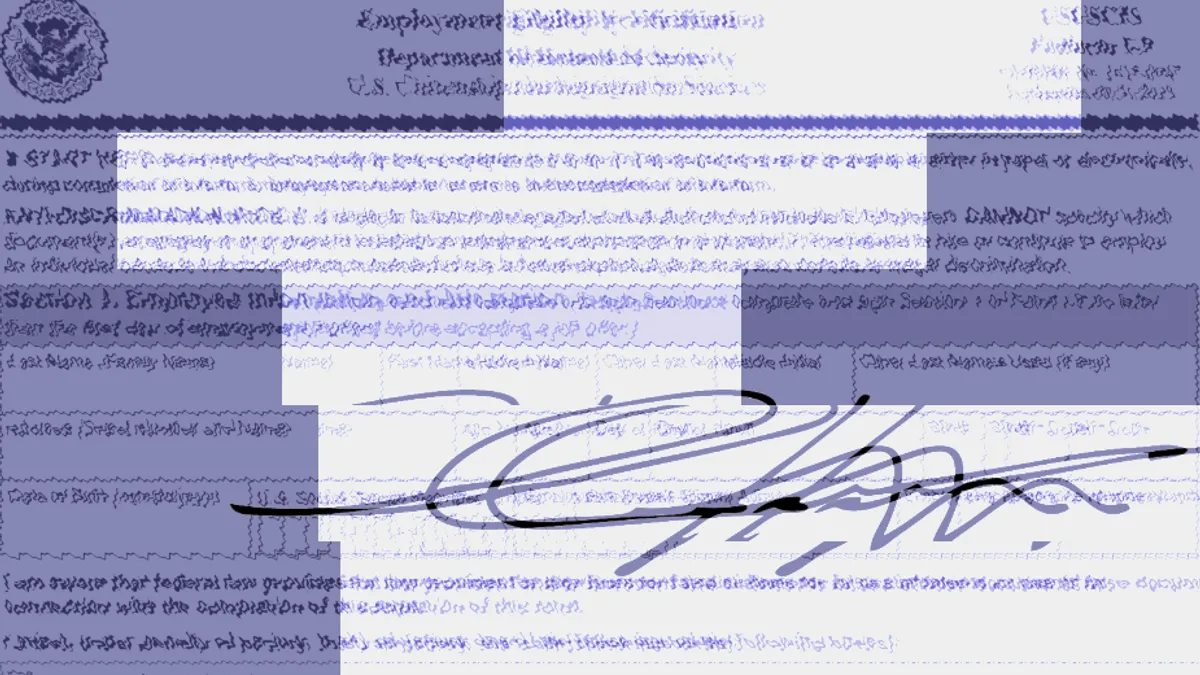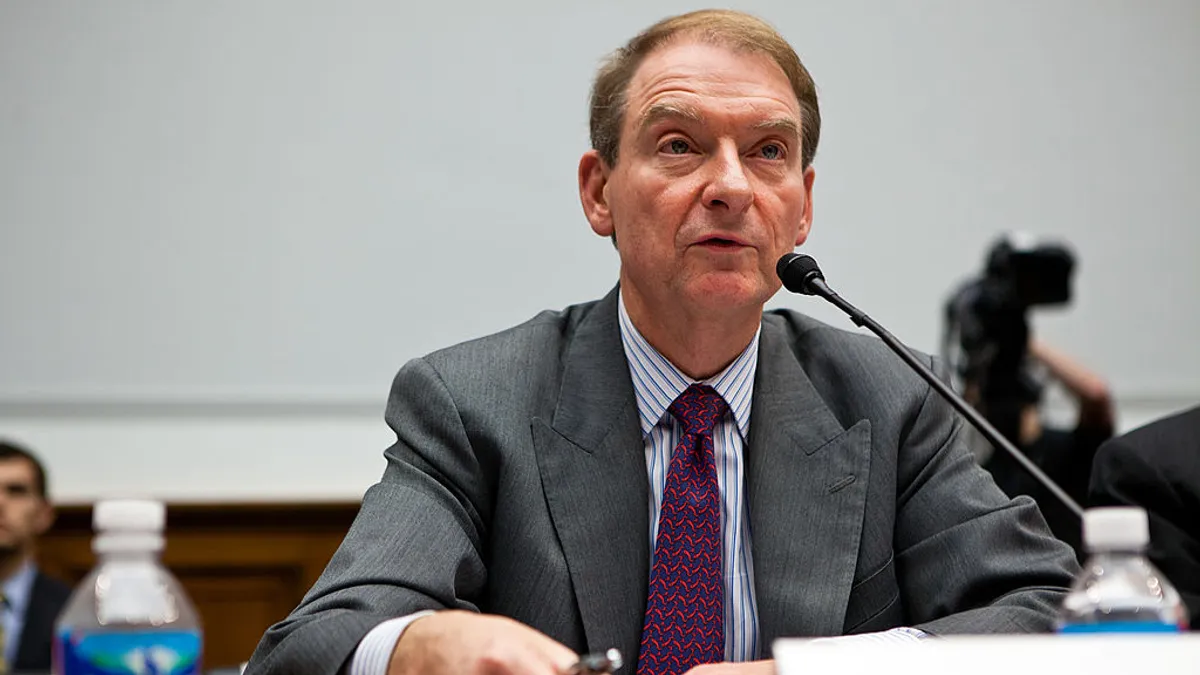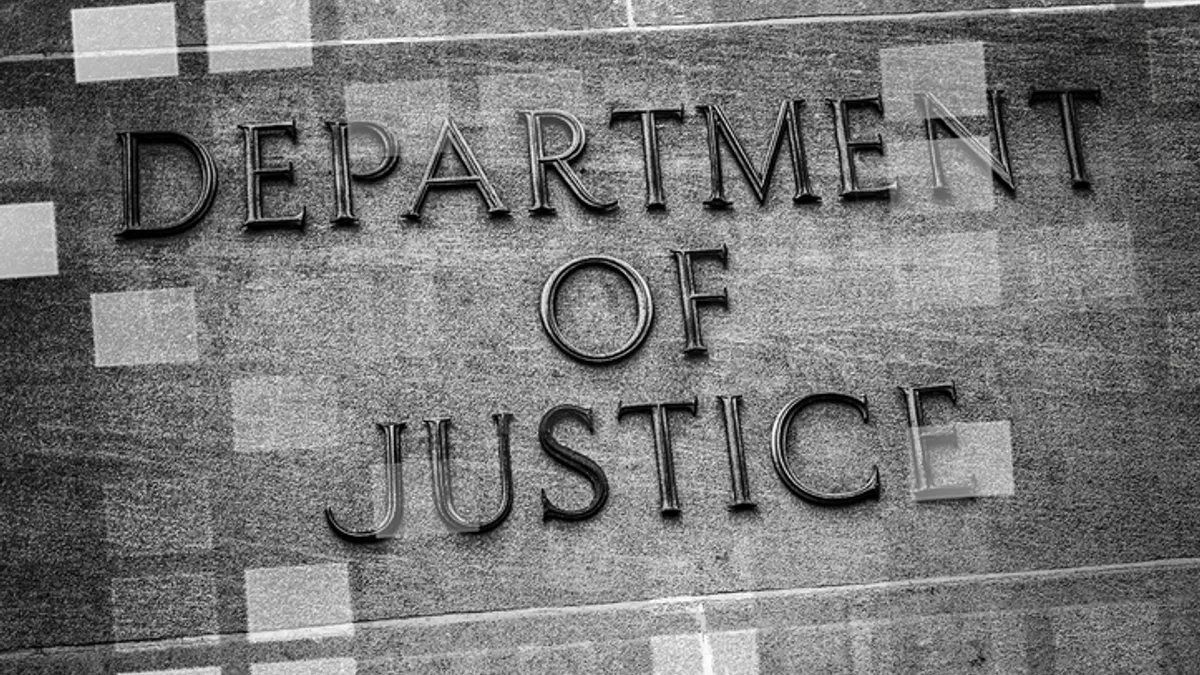Senosiain is an associate and Rollins is a shareholder at Gunster. Views are the authors’ own.
The Telephone Consumer Protection Act governs calls and text messages sent by businesses to consumers. One such rule is that businesses must obtain express written consent prior to sending text messages to consumers, if they are using an automated telephone dialing system or making calls using an artificial or pre-recorded voice, including the use of AI bots.
The TCPA also provides that businesses may not call or text consumers on the federal Do Not Call List unless prior express consent is given. Even basic telemarketing calls and text messages require prior express consent. Violation of the statute can trigger liability for up to $1,500 per call or text message sent.
Additionally, many states have their own version of the TCPA, deemed “mini-TCPAs,” that require compliance for all businesses who make calls to consumer-residents in that state, regardless of where the business is domiciled.
Lead generation
Many companies use lead generators which gather consumer consents for multiple businesses and then provide the companies with consent and contact information for those potential consumers. Lead generators who obtain proper written consent can be a very useful tool for companies. This was generally permissible under the TCPA.
However, in 2023, the Federal Communications Commission updated its TCPA rules requiring “one-to-one consent” which was to become effective Jan. 27, 2025.
The one-to-one consent rule provides that if a business uses an ATDS, artificial or prerecorded voice, the business must obtain prior express consent, one seller at a time.
Thus, it prevents lead generators from using a single consumer’s consent for multiple businesses. Additionally, the one-to-one consent rule provides that the consent must be clear and conspicuous, and the calls and texts initiated pursuant to the consent must be logically and topically associated with the interaction that prompted the consent. This rule applies to both text messages and phone calls.
Order delayed
On Jan. 24, 2025, the FCC postponed the 2023 order by a year, until Jan. 26, 2026. Later that same day the Eleventh Circuit Court of Appeals vacated the 2023 Order, thus eliminating the one-to-one consent rule.
The Eleventh Circuit Court of Appeals held “that the FCC exceeded its statutory authority under the TCPA because the 2023 Order’s new consent restrictions impermissibly conflict[ed] with the ordinary statutory meaning of prior express consent.”
Notably, the court ruled that the FCC exceeded its statutory authority at the outset, when it created the one-to-one consent rule. The court held that the 2023 Order’s one-to-one prior express consent restriction impermissibly conflicted with the ordinary statutory meaning of “prior express consent.” Thus, the Court vacated application of the 2023 Order, and remanded for further proceedings.
As a result, it is very likely that we will see other cases challenging TCPA regulations, especially as to the consent required before making a telemarketing call or text message using an ATDS.
Abundance of caution
It is unclear whether the FCC will revise its 2023 Order to comply with the Eleventh Circuit’s decision. In order to be prepared for this rule to come into effect, and in an abundance of caution, businesses who use lead generators to source potential consumers’ consent should ascertain that the lead generators are obtaining individual, one-to-one consent.
Businesses should also only contact consumers who provide this consent for telemarketing that is logically and topically associated with that which the consent was provided. Further, in addition to storing consumer contact information, businesses must retain the consent forms, information as to when consent was given, and through whom. Even businesses that do not use lead generators to obtain consent should continue to review their consent practices to ensure strict compliance with the TCPA and mini-TCPAs.
The TCPA requires prior express consent, and in many cases, prior express written consent, for calls and text messages made to prospective consumers. Regardless of any changes to the TCPA, the FTSA still requires that businesses obtain prior express written consent when making unsolicited telephone calls (including sending text messages) using an automated system. And lastly, to further protect your business, the consent form should have robust terms of service, including a class action waiver.
We continue to recommend that businesses ensure compliance with the TCPA, FTSA, and any other state regulations by always obtaining express written consent prior to contacting potential consumers via calls or text messages.


















